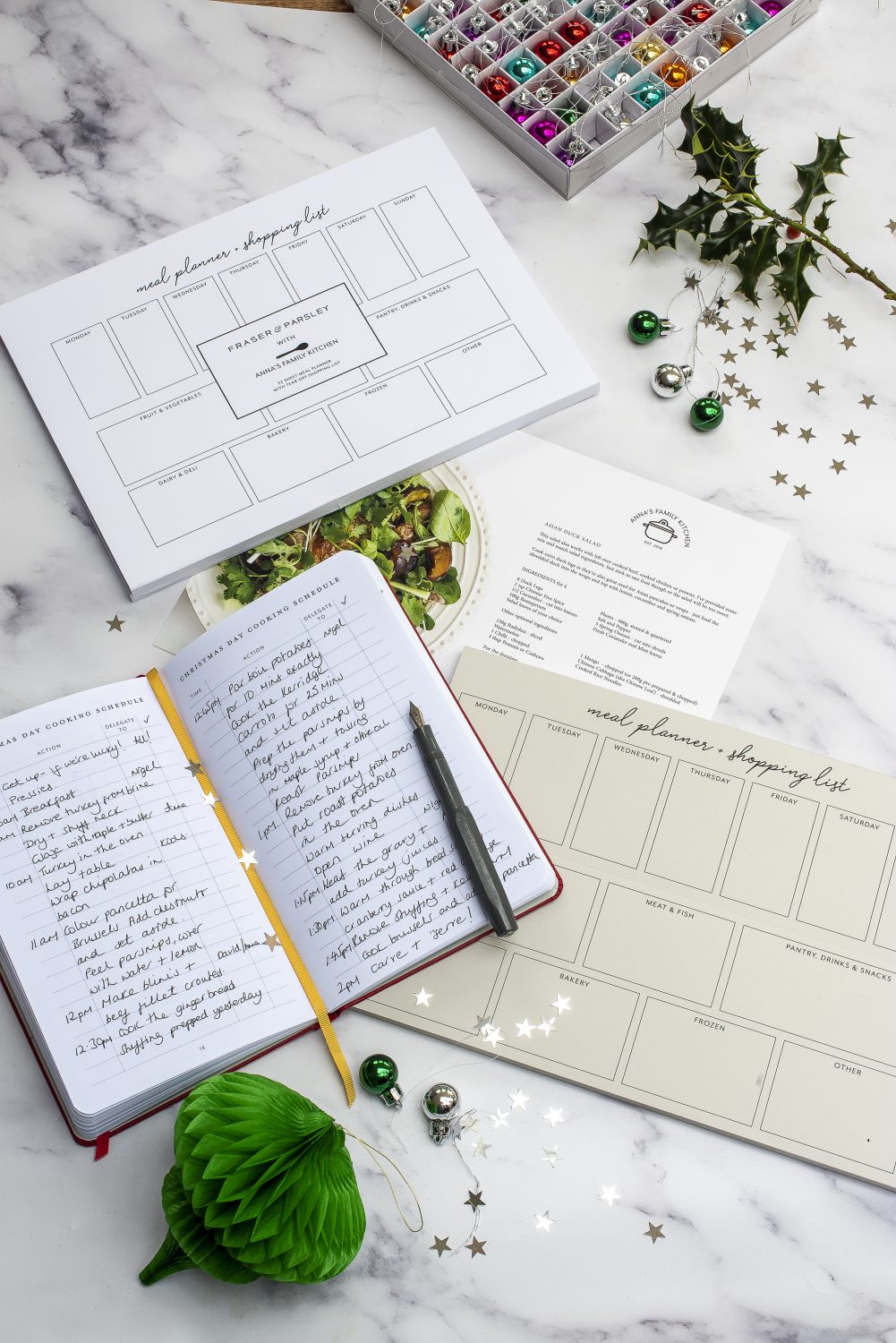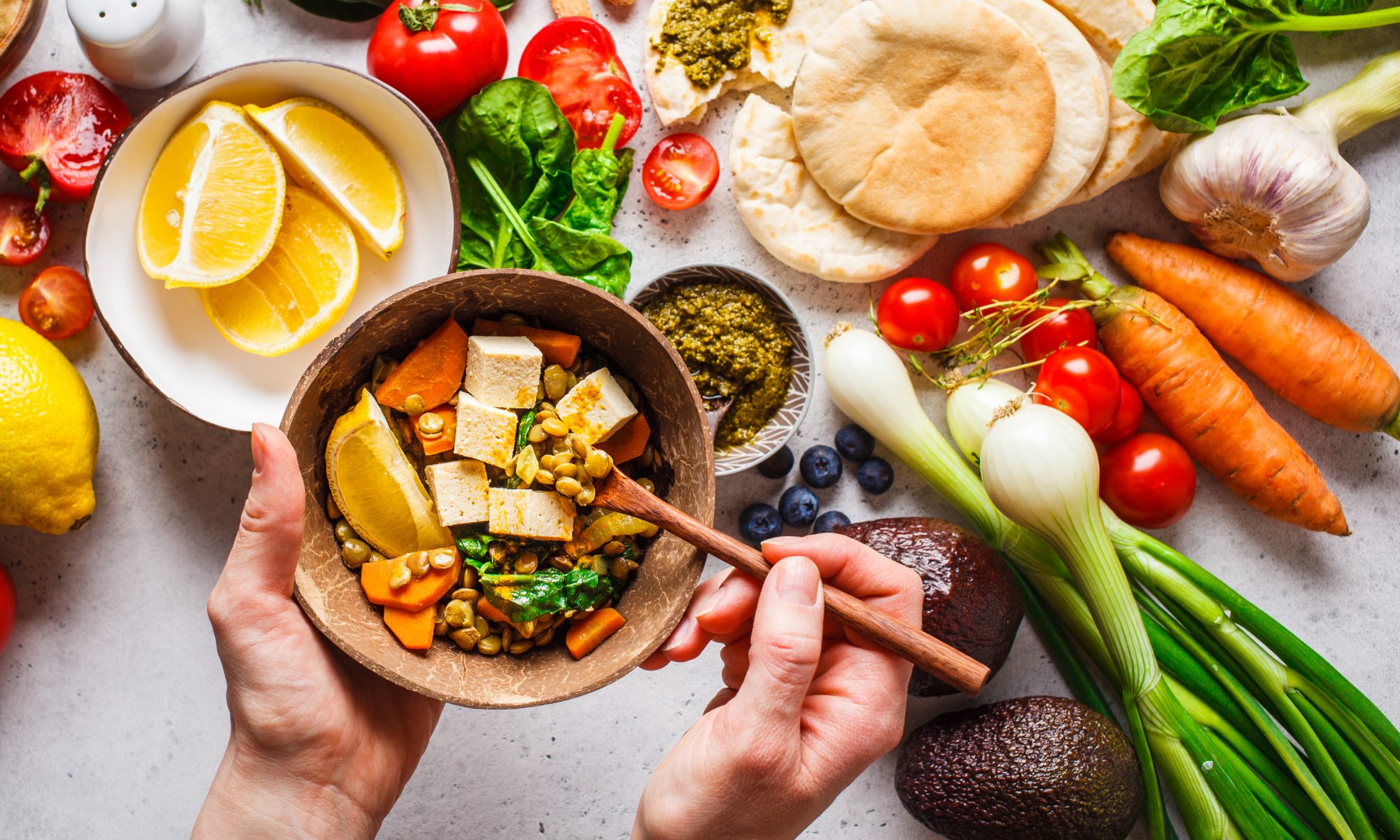Nutrition & Lifestyle Coach Charlotte Lau recommends small changes for a more sustainable diet

A sustainable diet is one with a low environmental impact and helps contribute to the security of food and nutrition for the present as well as future generations. It is more important than ever that we take care of our planet and eating in a more sustainable way is something many of us are considering more when we shop. The Planetary diet – an approach that takes into account both the environmental impact of food production as well as the nutritional requirements of the human body – is a great place to start and, reassuringly, there are some simple, practical steps you can take with your diet to minimise your environmental impact.
Step away from… food waste
Research shows that in the UK we throw away 6.6 million tonnes of household food a year and 70% of this is food could have been eaten. The phrase ‘waste not, want not’, springs to mind here; try packing leftovers into lunch boxes or having them for breakfast, use them to create new recipes or – if you can’t consume food before it will spoil – freeze it or sign up to a food swap app where your local community can enjoy it. Making use of your freezer is another way to help reduce food waste. Portion up any leftovers to enjoy another day and use frozen vegetables such as sweetcorn, peas or chopped onions so you only use what you need. Tinned food is not only affordable, but it is also a great way of reducing waste. Include tinned tomatoes, beans, lentils, fruits and tuna in your store cupboard. Also, as the weather improves, try growing your own and then pick just what you need. Herbs on a windowsill, potatoes in a bucket or a small patch in the garden are all rewarding hobbies and lifestyle choices that are good for our planet.
The Planetary diet, which includes more plant-based whole foods and fewer animal source foods, is healthy, sustainable, and good for both people and the planet we live on.

Give it a go… plan your meals
Healthy and sustainable eating can be tasty and flexible. Using a meal planner to plan menus for the coming week is an easy way to ensure a diversity of delicious dishes and shopping according to your plan. (the Priceless team love Fraser & Parsley’s designs fraserandparsley.com – pictured, from a collaboration with Anna’s Family Kitchen). This not only saves time and money but also helps to avoid buying excess perishable produce. A weekly menu plan should ideally be realistic to implement, have some flexibility and, of course, be enjoyable to consume and prepare. Batch cooking is time and cost effective, so planning meals like stews, casseroles, chillis and pasta bakes for dinner and then lunch the following day is helpful. Cooking and preparing food at home provides a great opportunity for shared family time as well as passing recipes between generations. Shopping locally and seasonally, where possible, reduces the length of supply chains and therefore emissions, so make the most of your local farm shops or farmers markets.
Learn to… Eat more plants
One of the most sustainable dietary changes we can make is to eat fewer animal-based products, like meat and dairy, and consume more plant-based foods. Producing meat and dairy releases significantly higher amounts of greenhouse gas emissions compared with plant-based foods. For example, 24.2% of diet-related greenhouse gas emissions in the UK come from red meat production and 14.3% comes from dairy production. In comparison, beans and pulses account for 0.7%, and nuts and seeds account for 0.2% of these emissions.
The Planetary diet, which includes more plant-based whole foods and fewer animal source foods, is healthy, sustainable, and good for both people and the planet we live on. The diet doesn’t promote an all or nothing approach, as no food groups are excluded, rather it encourages small changes and moderation for a large and positive impact.
Charlotte runs Plume Nutrition, where she offers support and advice for weight management, controlling cravings, sleeplessness, stress and increasing energy levels. Find out more at plumenutrition.com
You may also like
Heat Wave!
Sarah Maxwell explains how to exercise when you’re dealing with hot flushes Exercising during menopause can be challenging in many ways. If hot flushes are a familiar part of your journey, you’re not alone. Many women know all too well...
Nourish to Flourish
Nutrition & Lifestyle Coach Charlotte Lau explores the benefits of incorporating another healthy ingredient into our diets. This month it’s cherries One of my personal favourites… English cherry season. This small, but delicious, stone fruit doesn’t last long, so make...
Take me to… a UK Staycation
We’re kicking off our new travel feature with a collection of ideas to get you trying something new with explorative and adventurous trips Cornish Escape The Park, Cornwall is an award-winning holiday village, just a short stroll from Mawgan Porth...










